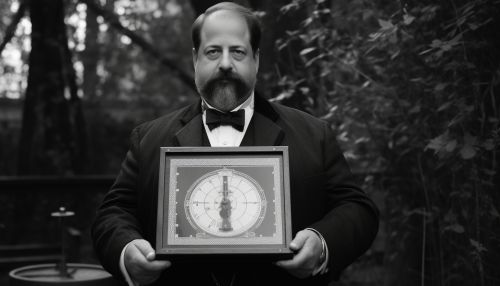David Wechsler
Early Life and Education
David Wechsler was born on January 12, 1896, in Lespedi, Romania. His family emigrated to the United States when he was a young child, settling in New York City. Wechsler showed an early interest in psychology, earning his bachelor's degree from the City College in 1916. He continued his studies at Columbia University, where he earned his master's degree in 1917 and his Ph.D. in 1925.


Career
Wechsler began his career as an assistant to James McKeen Cattell, a pioneer in the field of psychometrics, at Columbia University. He then served as a psychologist in the U.S. Army during World War I, where he was involved in the development of the Army Alpha and Beta Tests, the first group-administered intelligence tests.
In 1932, Wechsler became chief psychologist at Bellevue Psychiatric Hospital in New York City, a position he held until his retirement in 1967. During his tenure, he developed the Wechsler-Bellevue Intelligence Scale, which was later revised and renamed the Wechsler Adult Intelligence Scale (WAIS). This was followed by the Wechsler Intelligence Scale for Children (WISC) and the Wechsler Preschool and Primary Scale of Intelligence (WPPSI).


Contributions to Psychology
Wechsler's most significant contribution to psychology was his development of intelligence scales. Unlike previous intelligence tests, Wechsler's scales measured both verbal and performance abilities, providing a more comprehensive assessment of an individual's intellectual capabilities.
Wechsler also introduced the concept of the "deviation IQ" in his scales. This was a departure from the traditional "ratio IQ" used in earlier tests, which compared an individual's mental age to their chronological age. The deviation IQ, on the other hand, compares an individual's score to the average score of their age group, providing a more accurate measure of relative intelligence.


Legacy
Wechsler's intelligence scales continue to be widely used in psychological assessments today. They have been revised and updated several times to reflect advances in our understanding of intelligence and to ensure their relevance and accuracy. The most recent versions of these scales are the WAIS-IV, WISC-V, and WPPSI-IV.
In addition to his scales, Wechsler's concept of the deviation IQ has also had a lasting impact on the field of psychology. It has become the standard method for calculating IQ scores, providing a more accurate and meaningful measure of an individual's intellectual abilities relative to their peers.


